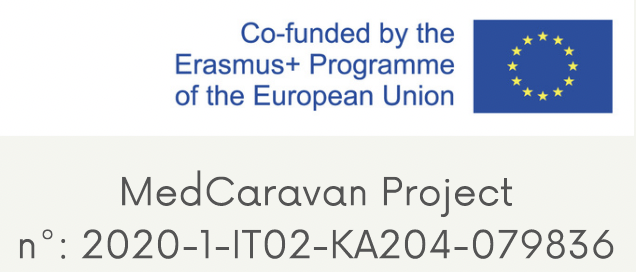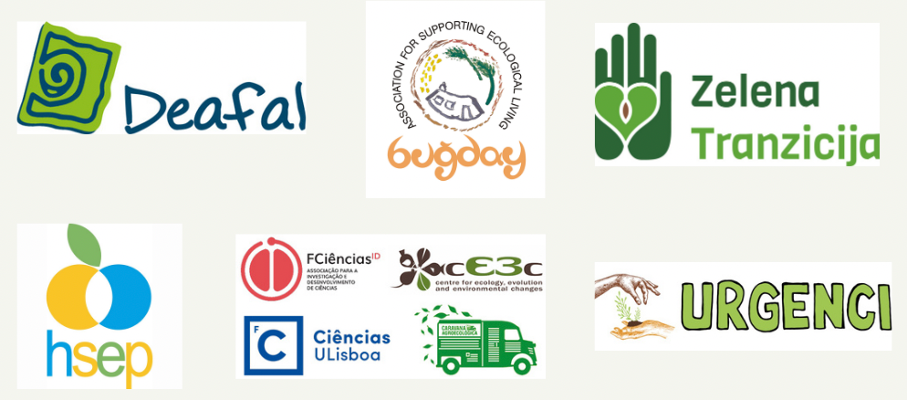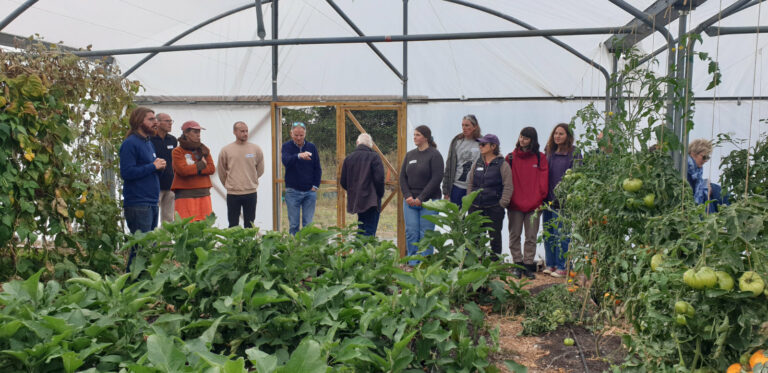On Thursday 13 October, the partners from the project “Caravan for Mediterranean Agroecology” hosted a webinar to discuss the value of advocating for agroecology in the Mediterranean region.
Bringing in the Experts!
Facilitated by Jocelyn Parot, the General-Secretary of URGENCI, the webinar brought three advocacy experts to share their experience. The first speaker was Sunchana Pesak from HSEP (Croatian Organic Farmers Associations Alliance). Next was Isabel Alvarez-Vispo, a seasoned advocate at the European level who is also a participant with Zambra and the current president of URGENCI. Finally, we heard from peasant farmer and advocate, Elisa D’Aloisio, who also manages the farm Il Molinaccio al Rio Chiaro.
(We unfortunately had a technical problem during the webinar and were not able to record the full English version. However, on URGENCI’s YouTube page, you can view the Spanish version and use closed captions with English auto-translation to get a sense of the conversation.)

Sunčana Pešak works as a program coordinator in the Croatian Alliance of Organic Farmers’ Associations. Since advocacy is the main activity of the organisation, Suncana negotiates with all the relevant institutions at national level and she is a board member of several different working groups in the Croatian Ministry of agriculture. Her specialty is seed issues.
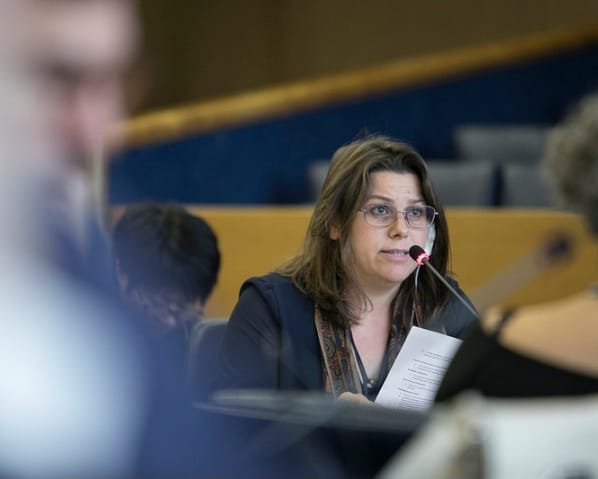
Elisa D’Aloisio a full-time farmer and, as she says, an ’empty-time activist’. In addition to her advanced studies first in Agricultural Science and Technology and then her PhD in Agricultural Genetics, Elisa has been carrying out various research projects, both in Italy and abroad. She also has written dozens of articles for scientific journals.
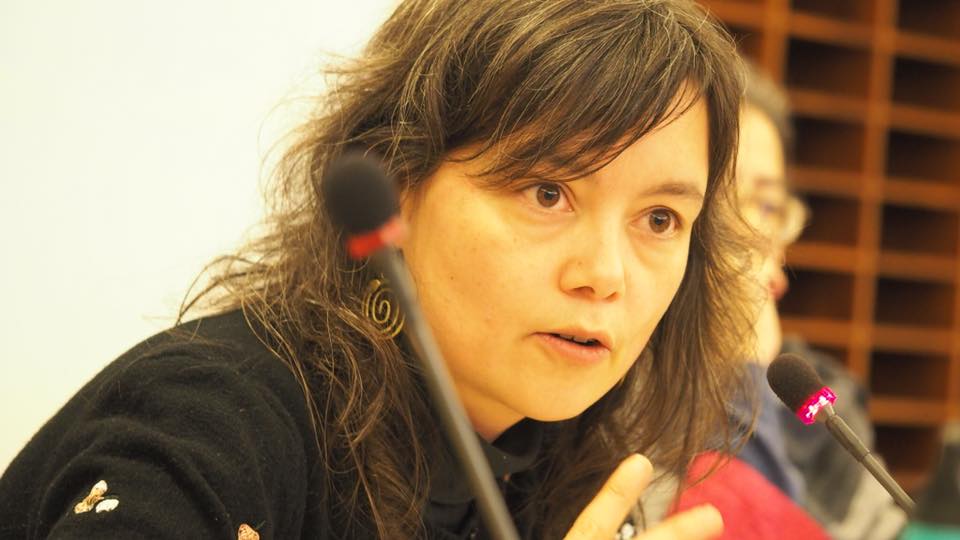
Isabel Alvarez-Vispo is a researcher and teacher on agroecology. For the last 16 years she has been working with different networks of Community Supported Agriculture. Her work ranges from training consumers and farmers on agroecology, to connecting them with one another and building new exchange models based on a food sovereignty perspective. In the last 4 years, Isa has also been doing research on food systems and public policy, focusing especially on the relationship between rural and urban areas.
Advocacy and Agroecology: A Background
The three speakers began by discussing their experience with advocacy. They also mentioned the broad, rich, dynamic diversity in the Mediterranean region. A long list of fast and slow crises (climate change, loss of biodiversity, social erosion) all contribute to the need for more advocacy around agroecology — a holistic approach to producing, consuming, and connecting to the community and the environment.
Mediterranean Advocacy and Western Europe
Suncana mentioned that western nations often take the lead when advocating for agroecology. But it is important, she continued, for Mediterranean countries to step up and push for a more holistic and well-rounded policies. Rather than just “greener” policies that may help reduce carbon emissions or shorten food chains, we need policies that address the complexity of social, political, agricultural, cultural, and environmental challenges. This is why advocating specifically for agroecology is crucial.
What to Expect in Advocacy?
All three speakers, relying on their own experience, discussed the patience needed for effective advocacy. Pressuring policymakers, getting a seat at the decision-making table, and making meaningful change takes a long time — sometimes years. In addition, for effective action, advocates need to have the right partnerships, aligned goals with collaborators, and strategic relationships with those institutions.
Be Uncompromising When It Matters
At times, advocates will need to make some sacrifices. However, the three speakers argued that when it comes to specific language, definitions, and approaches in agroecology, advocates should stand firm. Meaningful changes begins with correctly identifying specific practices that can be adapted to a large variety of contexts. This requires close study of policy proposals and careful analysis when making amendments and proposals to policymakers.
Preparing for Advocacy
All three speakers emphasised that advocacy is a multi-layered process that does not just involve making demands in Brussels. Rather, effective advocacy has clear and defined goals, a well-planned roadmap, good communication (both to the public as well as within the advocacy initiative), and a defined strategy for the action plans. Suncana also mentioned that advocacy takes place everywhere — not just in places where decisions are made.
Implementation is Key
Winning policy victories deserves a celebration, the panellists claimed. However, just as important is to follow through on the advocacy plan by monitoring and pressuring institutions to implement any new policies that support agroecology. Sometimes initiaitves stall after winning a victory — but just as often a policy will wither before it is implemented.
Changing the Narrative
Isa closed the session by emphasising that advocating for agroecology is not just about policy change or adjusting certain behaviours. It is about changing our focus around food production to one that attempts not to sustain markets, but rather to sustain life.
